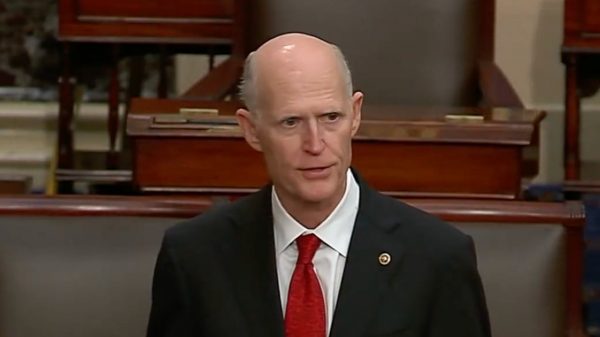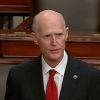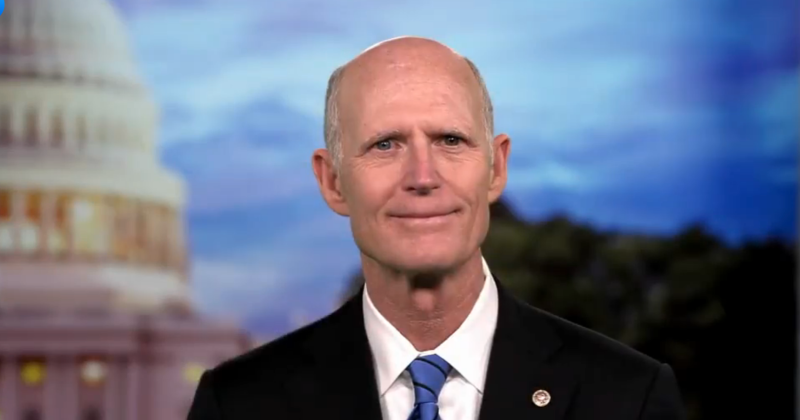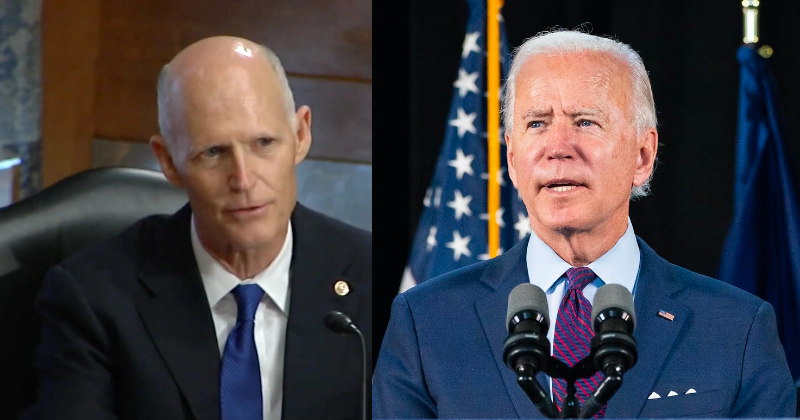Overshadowed during the final weeks of a presidential campaign, last week the Orlando Sentinel reported that colleges and universities across Florida are seeing fewer applicants to start in the Fall 2021 semester–and it’s only going to get worse in the years to come.
In her story, Annie Martin focused on how Florida remains the only state with a public college and university systems that require potential students to take standardized tests. While that certainly is a factor as to why schools across the state are seeing fewer applicants, there are other factors at work as well.
Florida has continued to grow rapidly in recent decades and, with a larger population, the flagship state universities have profited considerably. The University of Florida (UF) and Florida State University (FSU) have consistently moved into the ranks of the top public universities in the nation. Other schools across Florida have also benefited as Florida continues to grow. The University of Central Florida (UCF) has worked closely with the tourism and hospitality sectors and has grown in prestige and reputation as well as in enrollment. With Jacksonville now billing itself as “America’s Logistics Center” instead of the “Bold New City of the South,” the University of North Florida (UNF) has partnered with businesses on the First Coast to help develop programs tying into that sector.
Of course, students across the country still want to come to Florida, helping grow both private and public colleges and universities across the state. Never underestimate how warm weather, Disney World, South Beach and countless miles of beautiful beaches help attract out-of-state students.
But now continued demographic changes and the coronavirus pandemic have reversed that enrollment trend. Colleges and universities in Florida and across the nation face unprecedented challenges at the start of the third decade of the 21st century. With higher education playing an important economic, cultural, and social role at the national, state, and local levels, the stakes could not be higher as schools across the nation cope–and hopefully overcome–a series of challenges.
With the costs of higher ed far outpacing the rate of inflation, some students simply are looking for less expensive options–and, spurred by then Gov. Rick Scott’s challenge to offer degrees that cost $10,000 or less, the schools in the Florida College System have done well in holding the line there. Other students, especially those from out-of-state, are simply opting to stay close to home.
Many potential students are taking a wait-and-see attitude with colleges and universities–and with good reason. Throughout 2020, colleges and universities have struggled as they have grappled with questions about shutting down campuses, the role of distance education, furloughing and laying off employees, redirecting resources, retraining faculty, shoring up new enrollments while trying to retain current students, and other matters.
Some experts have predicted between 10-20 percent of higher ed institutions will shut their doors due to the pandemic. These include Prof. Scott Galloway from New York University (NYU) who warned in July that the “economic circumstances for many of these schools are dire, and administrators will need imagination — and taxpayer dollars — to avoid burning the village to save it” and, unless major changes are made, “hundreds of colleges will perish.” Dr. Richard Bishirjian, a former college president who specializes in distance learning, offered a gloomy prediction to Florida Daily earlier this month, insisting “by Fall 2023, 1,000 colleges will close.”
Looking past the pandemic, later on in the decade, colleges and universities will have to face the demographic consequences of the Great Recession. Between 2008 and 2013, the national birthrate declined, with 2.3 million fewer births than from 2007 rates. This population change will impact colleges and universities in the coming years. The impact of the current pandemic on the birthrate has yet to be seen but it could also impact higher education in two decades.
While understandably most colleges and universities are focused on how to survive the pandemic, there are other challenges coming down the pike. Taking a class on higher education at the University of the Cumberlands this semester, I looked at more than 15 colleges and universities (none from Florida) that ran ads for new presidents and chancellors last month. Most of them listed off a host of traits but only one–Austin Peay State University in Tennessee–specifically addressed the pandemic while only Mesalands Community College in New Mexico shared a sense of urgency about the economy. Of course, most of the colleges and universities looking for new leadership shared the usual buzzwords and phrases currently dominating higher ed these days.
That’s disheartening since the pandemic and the continued demographic challenges will prove far more important to these schools than any commitment to a shared governance model. How these schools deal with these problems could ensure if they survive or if they wind up on the casualty lists that Galloway and Bishirjian have warned of.
While it’s early in the admissions process, of course, even a state like Florida, which has a growing population, is seeing fewer applicants so far for the next academic year. This alarming development bears watching as higher ed institutions in Florida and across the nation continue to struggle with the pandemic with future enrollment challenges ahead.
Kevin Derby wrote this analysis. He can be reached at kevin.derby@floridadaily.com. Before working in the media, Kevin worked in higher ed enrollment management. He is currently pursuing his Ph.D. in Leadership at the University of the Cumberlands.












Jackson Murphy
October 20, 2020, 9:28 am at 9:28 am
Mr Derby, Your story is quality however the title is slightly misleading. Florida has been ranked (USNews) in the top 20 public universities for the better part of 30 years. There is nothing new there so they’ve not “vaulted.” They were already there. They have vaulted into the top 10 in the past 5 years (#6 now). FSU however has “vaulted” by entering the top 20 last year (#19 this year).
KEVIN DERBY
October 20, 2020, 9:34 am at 9:34 am
Thanks for the kind words and point very well taken.